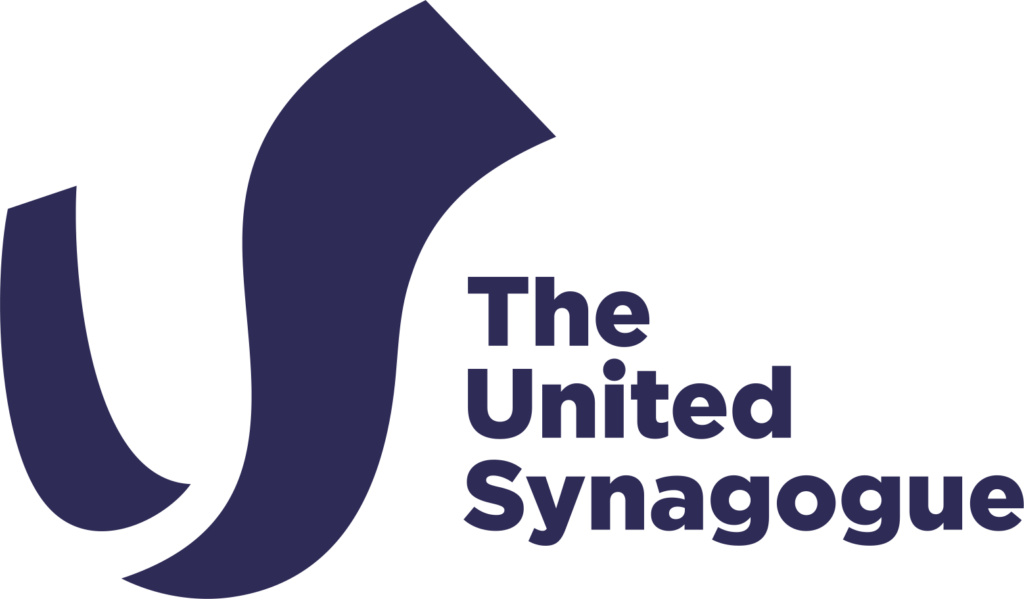Moshe told the people that he is no longer able to lead them, as he is not going into the Land with them. Rather, Yehoshua (Joshua) will lead them across the Jordan, as God had decreed.
Moshe continued by assuring the nation that they will conquer their enemies in Cana’an, in the same way that God allowed them to defeat the mighty kings Sichon and Og. However, they must make sure to destroy the idols that they will find there.
In the presence of the nation, Moshe summoned Yehoshua and told him to be “strong and courageous”. God will go “in front of” Yehoshua and will not forsake him. Moshe wrote the entire Torah and gave the scroll to the Kohanim and the elders.
Moshe instructed the people in the mitzvah of hakhel. Just after the end of every seventh year of the agricultural cycle (Shemitah), on Succot, all the people were to gather in Jerusalem, young and old, to hear the king read parts of the Torah. Hearing these words will encourage learning Torah and fear of God.
God called Moshe and Yehoshua to stand by the entrance to the Tent of Meeting (Ohel Moed), where He told them that the nation will turn against Him and follow other gods. God’s anger will flare against Israel, and he will “hide His face” from them, as if He is unaware of their sufferings. God commanded Moshe to write the Song of Ha’azinu, (next week’s sidra), and teach it to the people.
God continued with His message. After He brings the nation to the Land “which flows with milk and honey”, excessive enjoyment of that abundance will lead them to idol worship. Reading the Song of Ha’azinu (the following sidra) will remind them that they were warned of the consequences of rebellion.
Moshe finished writing the Sefer Torah and tells the Levi’im to place it next to the Aron (Ark). Moshe noted that in his lifetime, the people have been “rebellious and stiff-necked” and that this will carry on after his death.

